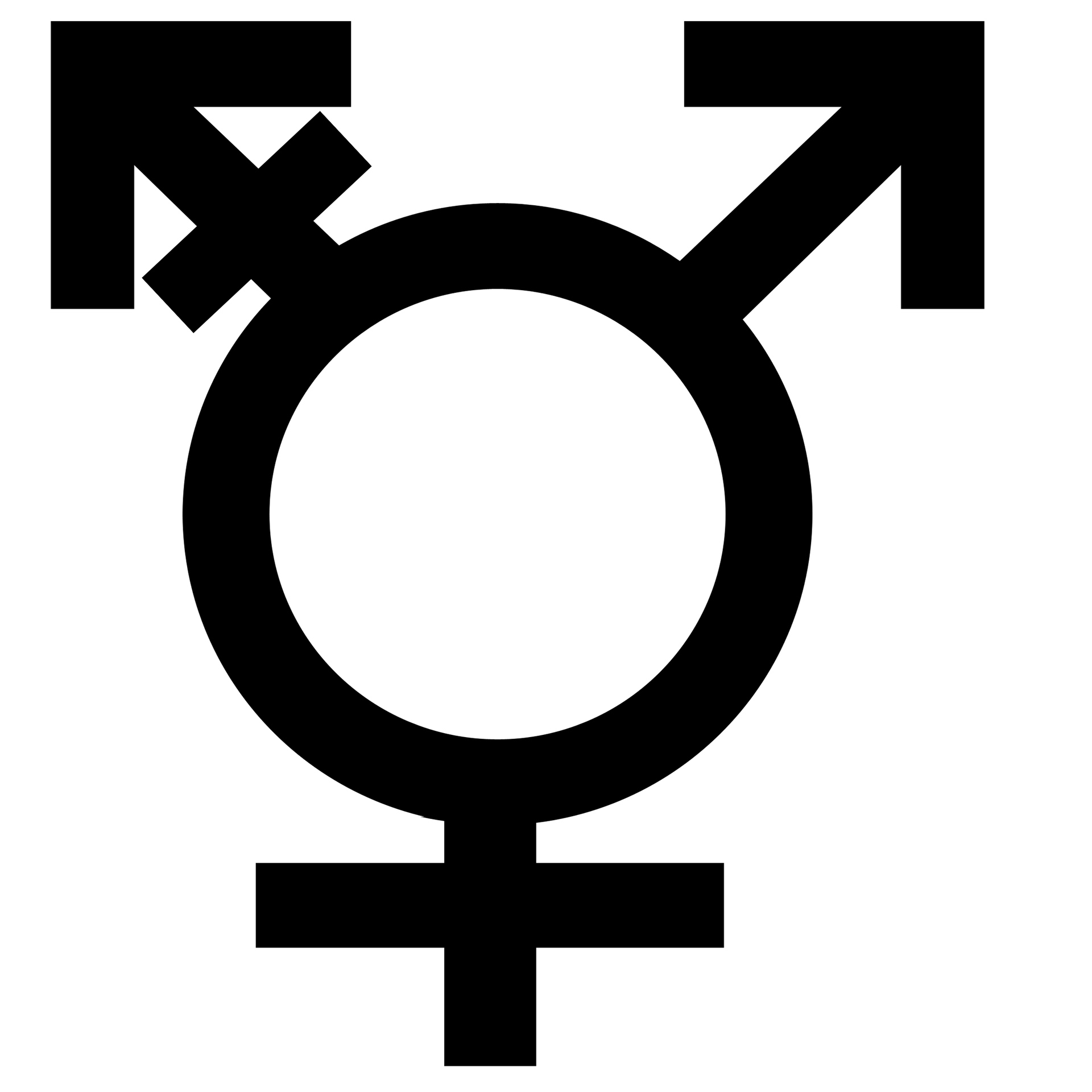 Many years ago the yo-yo was the school fad. Every kid in school had to have one and those who developed some skill and could make them “loop” or “sleep” were the coolest people around. Now the cool thing in our society is to be “dating” or in some relationship with sexual overtones. It’s cool to say that you are of such and such a gender, especially if it’s a less common one. And all this is true in many workplaces.
Many years ago the yo-yo was the school fad. Every kid in school had to have one and those who developed some skill and could make them “loop” or “sleep” were the coolest people around. Now the cool thing in our society is to be “dating” or in some relationship with sexual overtones. It’s cool to say that you are of such and such a gender, especially if it’s a less common one. And all this is true in many workplaces.
This is a semantic problem: definitions are altered. Words are the building blocks of thoughts and thoughts of feelings so this is a major issue. Your “gender” is obvious when you take off your clothes. Then there are sexual preferences: two entirely different things. But they are being scrambled together.
Both adults and high school students are asking one another “What gender are you?” But because the question infers that a gender choice can be made, this is an “improper question”, the kind disallowed during a debate. We are all reminded several times a day what our gender is so this discussion is immediately confusing and can only raise doubt and anxiety. It puts the student in a box with no exit. Youth already have too many questions to deal with without having to consider one so improper and discourteous. The peer pressure to engage in these kinds of discussions is tremendous. The fad has great power behind it and is therefore dangerous.
Students are also recommending relationships to one another because now there’s this intriguing thought: “What genders will be involved in this new relationship?” The fad creates gender confusion. All this is especially powerful among students where identity as a special person is an end in itself.
The problems with this fad go deep, especially if you don’t buy into it.
Bullying the Ego
If you don’t want to talk about it, if you don’t want to play the game, you are an outcast, a weirdo. It’s a fad giving force to a whole new level of bullying. It enables the most subtle kind of intimidation and ridicule of the deepest feelings of personal identity and personal worth. The irony of it all is that it’s just playing with words. Nothing has changed in human reproduction, sexuality or their expressions in our culture.
Yet this new gender crusade has the power to destroy people who aren’t able to sleuth out and cope with what is actually going on. It practically forces people to offend one another even when there is no such intention. It is difficult to imagine a more insidious force for suspicion and distrust where friendship and hope need to abound.
There is a story about the man who stopped at his regular service station to fill his gas tank. It happened that a friend was there who remarked to him “You don’t look so good today. Are you okay?”. He was bothered all day about the question, felt poorly, was careful to wash his hands in case he was infectious. The next day, he felt fine and guessed it was just something passing, but he could not resolve the conflicting data — the friend saying he didn’t look good and his inability to identify anything that could explain the question.
When he stopped for gas a few days later, the owner asked what he thought about the new lighting system he had installed last month. “How do you like my new, intense, blue lights?”, he asked. All at once the earlier suspicions of illness made sense to the man and all the confusion left him.
High School Bullying
 When a high school student asks a friend what gender he is (while his gender is obvious), or suggests he hook up with a same-gender classmate, this same kind of uneasy suspicion wells up within him. The question infers a false premise like the question asked the man above, “Are you okay?” The student begins to wonder about himself and tries to examine his feelings toward others. He gets suspicious of every little thought and feeling that might be evidence of same-gender attraction. The self-doubt pushes the student into a corner, makes him vulnerable and unsure. All because someone is messing around with definitions, gender roles and words. This kind of challenge goes way too deep. That is especially true for people whose life experiences are limited.
When a high school student asks a friend what gender he is (while his gender is obvious), or suggests he hook up with a same-gender classmate, this same kind of uneasy suspicion wells up within him. The question infers a false premise like the question asked the man above, “Are you okay?” The student begins to wonder about himself and tries to examine his feelings toward others. He gets suspicious of every little thought and feeling that might be evidence of same-gender attraction. The self-doubt pushes the student into a corner, makes him vulnerable and unsure. All because someone is messing around with definitions, gender roles and words. This kind of challenge goes way too deep. That is especially true for people whose life experiences are limited.
It seems to be something vital and consequential, but it’s a mental and emotional fallacy that confuses our perception of reality. It’s a fraud. I like the description: “conceptual mayhem”.
But People Are All Excited About It
Why has this fad generated such intense excitement? First of all, it’s a fad with all the “cool” that attends fads. It’s about public acceptance and identifying with a group that is in the spotlight. That’s the fuel that feeds fads. With social media raising the intensity and frequency of discussions of gender and gender preferences, the current fascination with this fad has reached a fever pitch. But there’s much more going on here.
 This fad is hot because it’s all about sex. It touches them where they live. What could be more exciting than that, especially for a youth who is learning to deal with his new hormonal compunctions? They don’t need someone prodding them to question what it most obvious: their gender.
This fad is hot because it’s all about sex. It touches them where they live. What could be more exciting than that, especially for a youth who is learning to deal with his new hormonal compunctions? They don’t need someone prodding them to question what it most obvious: their gender.
The most powerful aspect of this bullying, happens by just raising the question “What gender are you?” It infers that there is some deep, self-identity question that needs resolution while the objective, scientific fact is obvious at least several times a day. This is the insidious, destructive, doubting, worrying, and unsettling result of the current gender crusade. It is bullying with all its ugly power dressed in a question that seems so simple and innocent.
Parental Bullying
Perhaps the most frightening gender bullying occurs as parents encourage young children to figure out what “gender” they “are” or “want to be”. For a very public example, a CNN Town Hall on October 10, 2019, featured two young children, both nine years old, fielding LGBTQ questions from candidates for President, 2020. Jacob was one of these. His mother, is a transgender youth advocate with the Human Rights Campaign. The child introduced itself with “My name is Jacob, and I’m a nine-year-old transgender American.” At nine, puberty was still a few years ahead.
Understanding the Problem is Half the Solution
Knowing what is going on is the first step to stopping this dreadful destruction of self-esteem, self-confidence and the ability to “be comfortable in our own skin”.


